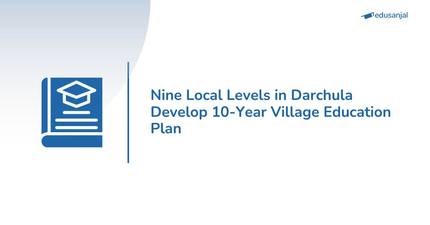The Government of Nepal, in an attempt to strengthen the nation's healthcare section has announced an initiative to introduce nursing education programs within government-operated hospitals. Led by the Ministry of Health and Population, this strategic endeavor seeks to leverage the established infrastructure of hospitals with bed capacities ranging from 100 to 300, with the goal of enriching and expanding nursing education nationwide.
The forthcoming educational expansion is set to be implemented pending approval from the Council of Ministers, encompassing both provincial and central government hospitals. This inclusive approach aims to make nursing education more accessible to aspiring students across the country.
During a recent session of the House of Representatives' Education, Health, and Information Technology Committee, Dr. Roshan Pokharel, Secretary of the Ministry of Health and Population, unveiled the government's vision. Dr. Pokharel emphasized the significance of utilizing the teaching potential of hospitals formerly designated as zonal hospitals. "In former zonal hospitals, nursing education is imparted, and the state's responsibility has advanced," he stated.
The strategic plan goes beyond nursing education, as Dr. Pokharel revealed plans to introduce MBBS education in hospitals boasting a 300-bed capacity, thereby diversifying medical education in Nepal. Notably, the initiative includes the introduction of two distinct nursing courses – one for Staff Nurses and another for Bachelor Nurses – within the same hospital facilities. This innovative approach aims to streamline the educational process and maximize the efficient use of available resources.
Explaining the rationale behind offering multiple courses in a single hospital, Dr. Pokharel stated, "If you allocate two hospitals to two individuals, the feasibility diminishes." This highlights the government's plan to use resources wisely and avoid unnecessary duplication in educational programs.
The decision to integrate nursing education into government hospitals marks a pivotal step toward enhancing the quality and accessibility of healthcare education in Nepal. By integrating educational programs with practical hospital training, the initiative promises to produce skilled nursing professionals ready to meet the demands of the healthcare sector. This move not only aligns with the nation's healthcare objectives but also sets a precedent for innovative approaches to medical education.













